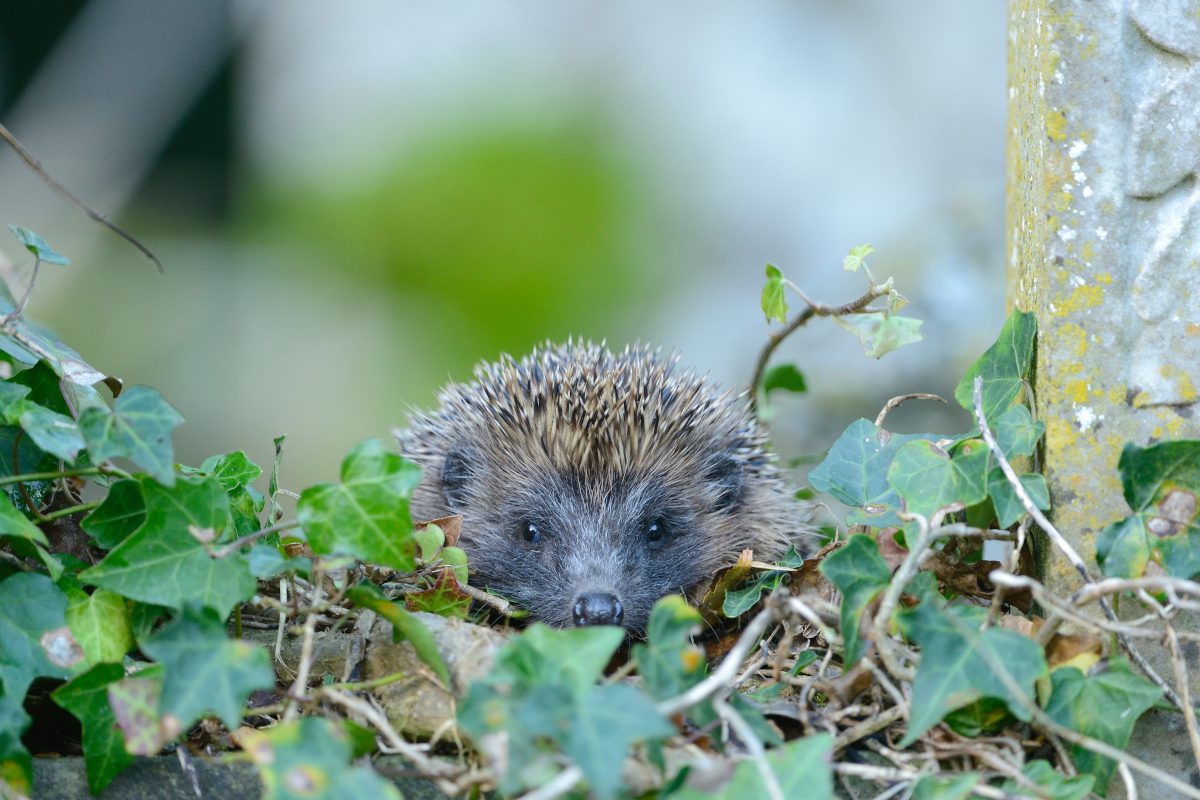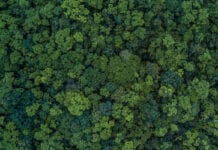
The government is approaching a “fork in the road” that could “change the course of the future for nature” as it plans to shake up the country’s planning system, conservation experts have warned.
On 3 September the RSPB was asking people to speak up for nature and ensure wildlife in their local area is protected and make sure the wildlife that brought us so much solace during lockdown is not endangered by proposals for a radically different planning system.
Alice Hardiman, Head of Policy & Advocacy, RSPB England said: “During the most restrictive parts of lockdown we heard how people across the country connected with the nature in their local area like never before and how those who lived in urban areas longed for better access to green and beautiful wildlife havens.
“But the wildlife that brought us so much solace is just a fraction of what should be there.”
In August the government published dramatic proposals to transform England’s planning system which could see vital wildlife havens covered with concrete before we even know they are there, make it faster and easier to develop on local wildlife habitats and fail to deliver the greenspaces communities desperately need.
The government has the chance to step up as a guardian for nature and ensure every community has access to green spaces riches in nature or sacrifice vital legal protections and watch as the nature’s future is destroyed.
Hardiman added: “Some of the most important protections for the incredible nature on our doorstep come from planning laws and regulations. With one in ten UK species at risk of extinction and more than 50% in decline, the planning proposals put the country at a fork in the road.
“If you care about nature’s future, now is the time to raise up your voice and demand a better future for our incredible wildlife.”
The proposals put at risk protections for nature that prevented Lodge Hill, the most important site in the country for nightingales, being turned into a 5,000 house development. Lodge Hill was an area of Ministry of Defence land in Medway, Kent that was earmarked for development until the BTO national nightingale survey revealed it is a haven for nightingales. These birds, known for their beautiful song, declined by 53% in 13 years and are still red-listed. A fierce local campaign backed by the RSPB and other conservation organisations saw Medway Council withdraw Lodge Hill from its Local Plan in 2017.
Nature cannot speak for itself and needs you to tell the government how much you care about our planning system and its potential to protect and restore nature.
The RSPB is making available more information about how to have your say for nature – see here.
Robert Jenrick’s announcement on planning reforms and fast-tracking the planning system was made on 2 August. At the time, concerned commentators said the statement only singled out certain types of natural environment, and ones which were not of the greatest concern. For example, Dr Stephanie Wray, MD of ecology consultancy RSK Biocensus, noted that the Secretary of State’s statement sought to ease concerns about the environment by saying ‘Areas of Outstanding Natural Beauty and the Green Belt’ would be protected. “These designations are not the biggest concern; they are about people and protecting our views and amenity. On their own, neither of those types of protected area will help to reverse the loss of nature or mitigate climate change. Without explicit increased protection for nature, the new planning policies will fail to deliver the Government’s own 25 year Environment Plan, and will not help us to avoid dangerous global temperature rises.”







